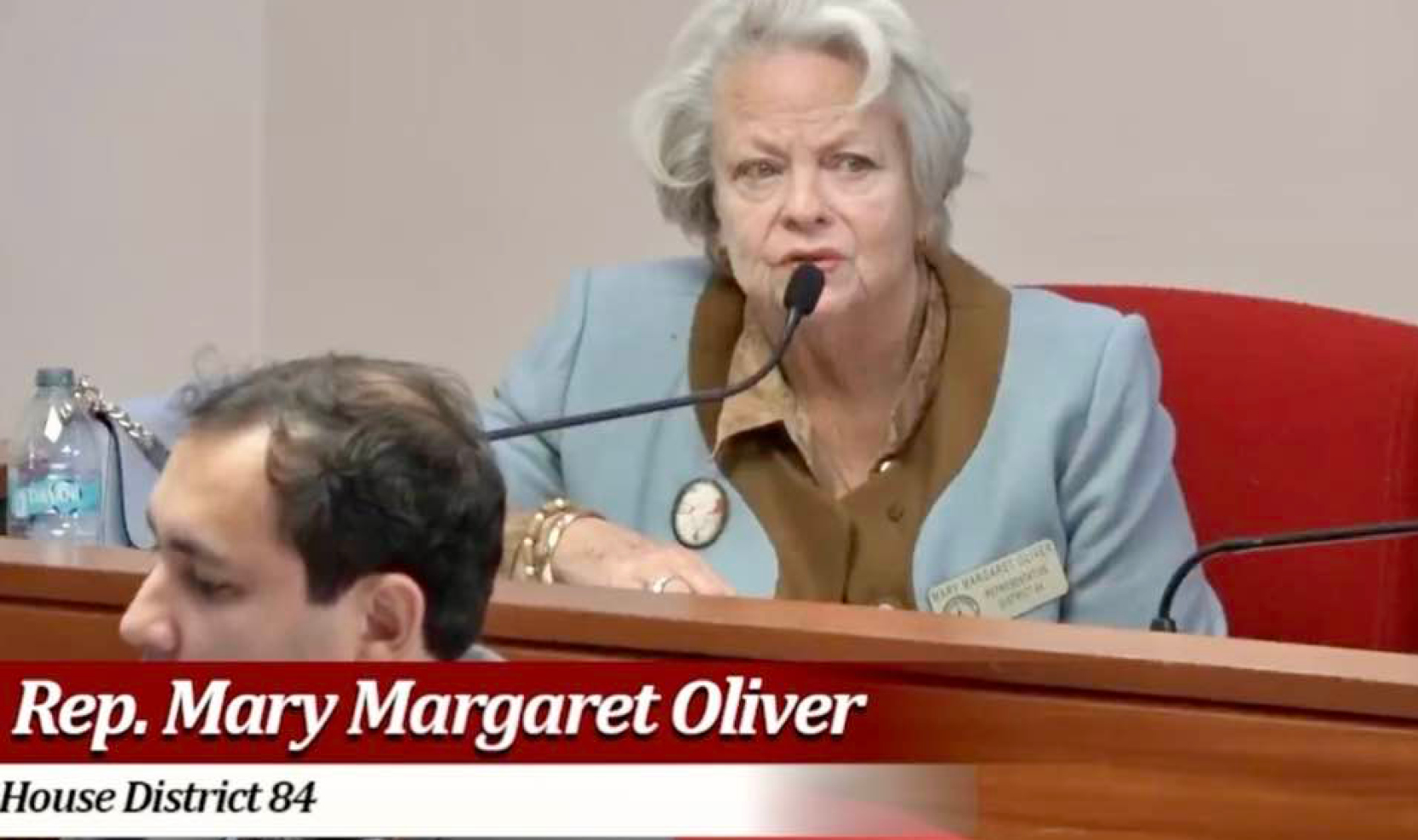Georgia Senate next stop for House bill that aims to expand access to mental health services

By Jill Nolin, Georgia Recorder
A proposal billed as the next step toward improving access to behavioral health services in Georgia easily cleared the state House Thursday.
The bipartisan measure would streamline data sharing among state agencies, study the state’s crisis bed space capacity and expand a loan repayment program meant to grow the behavioral health workforce.
“We know that 80% of the families in this state are struggling. They need a place to turn. They need to know that we’re there for them,” said Rep. Todd Jones, a South Forsyth Republican and co-sponsor of the bill.
Proponents dropped a provision about mental incompetency from the bill that rankled conservative activists, though Jones said much of the excised section is already state law.
Last year’s bill focused on stepping up enforcement of a federal law requiring health insurers to treat behavioral health on par with physical care. This time, lawmakers are trying to chart a path toward identifying the gaps in Georgia’s workforce and understanding the dynamics that cause some people to cycle through the system, often ending up on the streets.
‘These familiar faces are absolutely critical to us getting mental health and substance abuse under control in this state,” Jones said, his voice filling the House chamber.
“I can’t give you exact numbers but they probably make up .1% of that population but they probably take 50% of the resources of this state,” he said. “So, the question becomes do we let it just keep going? Do we kick it down the street?”
For now, Jones argues that helping this population in a more meaningful way starts with a study looking at how these individuals with serious mental illness interact with the state’s behavioral health systems and law enforcement.
The proposal would also look at ways to modernize the state’s licensing requirements in hopes of identifying and removing barriers to employment as lawmakers try to shore up the workforce needed to provide care.
“(This bill) is essential for us to move forward for the additional services and additional accountability the taxpayers of Georgia expect us to apply when we’re delivering service to families in crisis,” said Rep. Mary Margaret Oliver, a Decatur Democrat and the bill’s other co-sponsor.
The bill faced little resistance Thursday, passing with a 163-to-3 vote. Rep. Charlice Byrd, a Woodstock Republican who voted against it, pushed back on the loan repayment provision.
Last year’s bill created a program for students interested in pursuing a career in behavioral health, and lawmakers propose to build on that by offering a loan repayment program to those who are already in the workforce.
Byrd argued Georgia Republicans would call such a proposal socialism if proposed by someone like Vermont U.S. Sen. Bernie Sanders. “But yet we are doing this in the state of Georgia,” she said.
Proponents sharply disagreed. Jones countered that instead of a broad benefit, the proposal would narrowly apply to workers helping underserved youth and in areas of the state with the greatest need.
“Your birthright within this state – where you live and where you were born – should not define whether or not you get proper health care,” Jones said. “And health care is physical and mental and substance abuse. So, we need to be able to attack those and attack those strategically.”
The bill now moves to the Senate, where last year activists tried to defeat the 2022 bill.
The late House Speaker David Ralston, who was a key driver behind last year’s bill, died in November. House Speaker Jon Burns has picked up the issue, unveiling this year’s proposal at a press conference last month and briefly forgoing a chamber rule that only one representative speak at the well so both Jones and Oliver could take questions together.
“I can assure you that Speaker David Ralston is smiling down on this body right now,” Burns said Thursday.



.png)

